Prof. Miguel Cazalilla (Distinguished Professor of NCTS and professor in NTHU) and his students/collaborators have reported some progress in this direction. They predict that adatoms on graphene can induce an anisotropic Rashba spin-orbit coupling, and the degree of anisotropy has a noticeable effect on the energy dependence of the spin Hall angle. They study the effect of anisotropy of the Rashba coupling on the extrinsic spin Hall effect due to spin-orbit active adatoms on graphene. In addition to the intrinsic spin-orbit coupling, a generalized anisotropic Rashba coupling arising from the breakdown of both mirror and hexagonal symmetries of pristine graphene is considered. They find that Rashba anisotropy can strongly modify the dependence of the spin Hall angle on carrier concentration. Their model provides a simple and general description of the skew scattering mechanism due to the spin-orbit coupling that is induced by proximity to large adatom clusters.
Prof. Cazalillas work on extrinsic spin Hall effect was selected by the Editors of Physical Review B as a highlight
The study of the spin Hall effect in graphene is an active field of research, but its experimental realization is proven to be difficult due to the inherently weak intrinsic spin-orbit interaction. Thus, one needs to rely on extrinsic spin-orbit scattering to be able to probe this effect in graphene.
Prof. Miguel Cazalilla (Distinguished Professor of NCTS and professor in NTHU) and his students/collaborators have reported some progress in this direction. They predict that adatoms on graphene can induce an anisotropic Rashba spin-orbit coupling, and the degree of anisotropy has a noticeable effect on the energy dependence of the spin Hall angle. They study the effect of anisotropy of the Rashba coupling on the extrinsic spin Hall effect due to spin-orbit active adatoms on graphene. In addition to the intrinsic spin-orbit coupling, a generalized anisotropic Rashba coupling arising from the breakdown of both mirror and hexagonal symmetries of pristine graphene is considered. They find that Rashba anisotropy can strongly modify the dependence of the spin Hall angle on carrier concentration. Their model provides a simple and general description of the skew scattering mechanism due to the spin-orbit coupling that is induced by proximity to large adatom clusters.
Prof. Miguel Cazalilla (Distinguished Professor of NCTS and professor in NTHU) and his students/collaborators have reported some progress in this direction. They predict that adatoms on graphene can induce an anisotropic Rashba spin-orbit coupling, and the degree of anisotropy has a noticeable effect on the energy dependence of the spin Hall angle. They study the effect of anisotropy of the Rashba coupling on the extrinsic spin Hall effect due to spin-orbit active adatoms on graphene. In addition to the intrinsic spin-orbit coupling, a generalized anisotropic Rashba coupling arising from the breakdown of both mirror and hexagonal symmetries of pristine graphene is considered. They find that Rashba anisotropy can strongly modify the dependence of the spin Hall angle on carrier concentration. Their model provides a simple and general description of the skew scattering mechanism due to the spin-orbit coupling that is induced by proximity to large adatom clusters.


